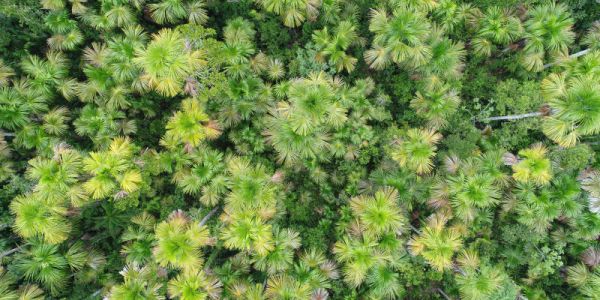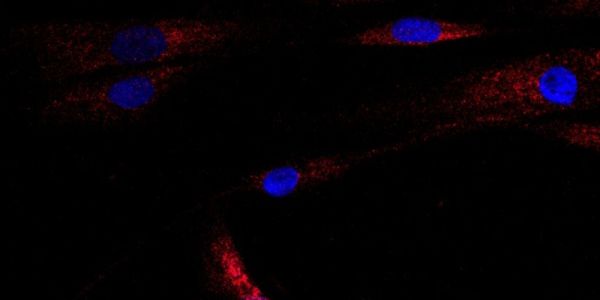
Geoff identifies 300 new species of aquatic creatures
Lockdown brought out the creative in us all. Millions of people discovered new hobbies, nurturing talents they never knew they had.

Lockdown brought out the creative in us all. Millions of people discovered new hobbies, nurturing talents they never knew they had.

Experts in the field of land management and carbon sequestration are highlighting wool’s unique properties and the positive contribution sheep can make to the continued wellbeing of the planet.

New research shows that private protected areas help conserve underrepresented biomes and highly threatened regions.

Changing the way fruit is gathered from a “tree of life” could have hugely positive environmental and financial impacts in Amazonia, according to a new study.

Without significant increases in the speed and ambition of climate action, limiting global warming to 1.5°C will be beyond reach, according to a major international report published today.

Increased levels of blood fats in people with type 2 diabetes and obesity are more harmful than previously thought, a new study has found.

New research warns that screen use significantly increased among adults during the COVID-19 lockdowns and has continued at a high rate since, highlighting the need for Government guidance.

Be Curious, the University of Leeds’s annual research event, is back on campus for the first time since going virtual in 2020.

A ground-breaking project that aims to improve parks across the globe has been launched.

An astrophysicist at the University of Leeds has been awarded a five-year fellowship to answer one of the most fundamental questions in science – how do planets form?